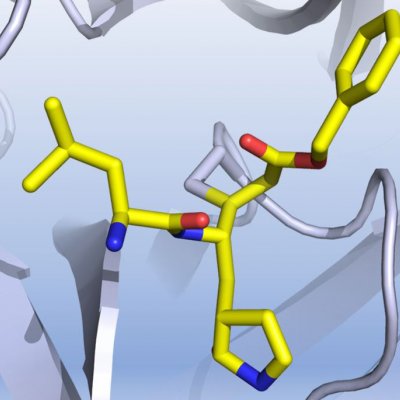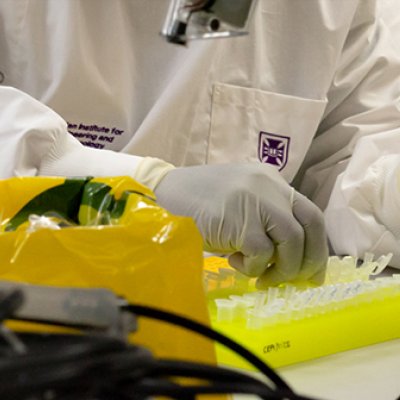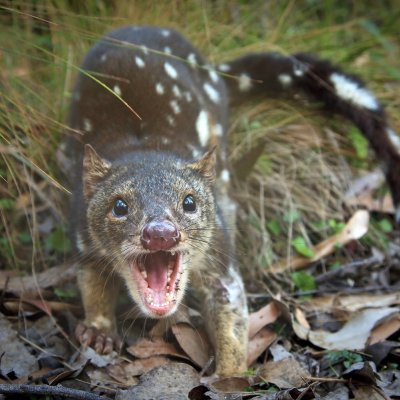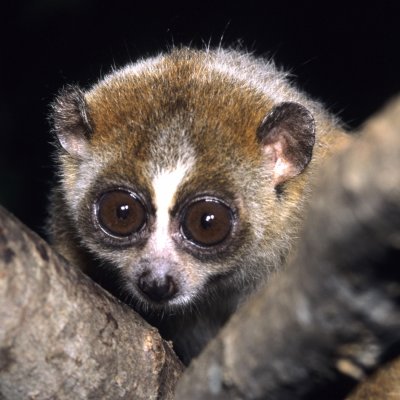Brisbanites love their Queenslander-style homes, valuing them for their history, aesthetic pleasure and climatic comfort, according to University of Queensland research.
30 July 2020Urinary tract stones in cats and dogs can now be ‘pulverised’ by new laser technology acquired by The University of Queensland’s veterinary hospital.
28 July 2020A newly developed mathematical framework known as “Safe Blues” mimics disease spread through mobile technology and could lead to safer and more effective easing of social distancing.
6 May 2020Logging of native forests increases the risk and severity of fire and likely had a profound effect on the recent, catastrophic Australian bushfires, according to new research.
6 May 2020An international team of researchers has tested more than 10,000 compounds to identify six drug candidates that may help treat COVID-19.
9 April 2020A University of Queensland team has met a key milestone in their fast-tracked research to develop a vaccine for the coronavirus, COVID-19.
21 February 2020A new approach to compensate for the impact of development may be an effective alternative to biodiversity offsetting – and help nations achieve international biodiversity targets.
12 February 2020Research into the toxin of the world’s only venomous primate, the slow loris, is shedding light on the potential origins of the allergic qualities of cats.
5 February 2020






